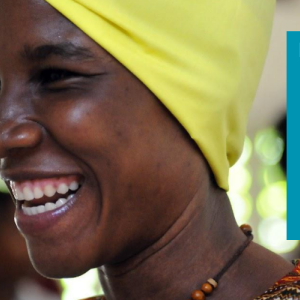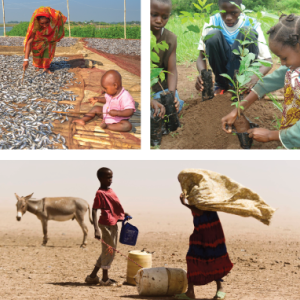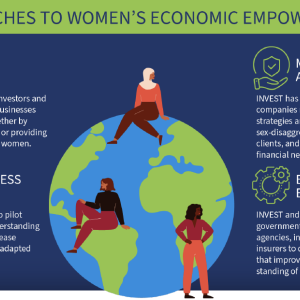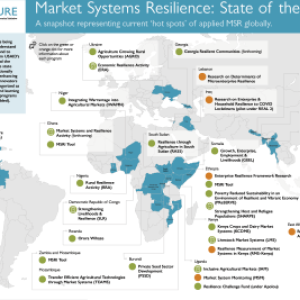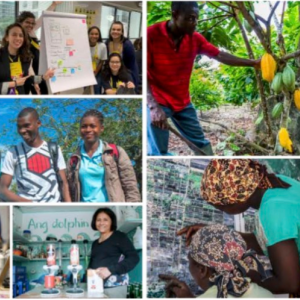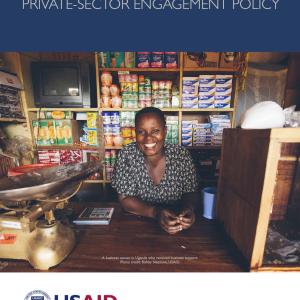Resource Library
The Resource Library serves as a broad resource hub, including over 1000 documents, training materials, wikis, and curated reports to increase readers' awareness, understanding, and proficiency of several topics in market systems development. Users have access to proposals, evaluation materials, and USAID policy updates, as well as training modules and wikis to boost skills and knowledge.
These resources are bolstered by the inclusion of curated USAID reports published on the USAID Development Experience Clearinghouse (DEC) which serves as a repository of reports from completed or ongoing USAID development projects around the globe. The full USAID Development Clearinghouse website can be accessed here.
These case studies profile select small and medium-sized enterprises (SMEs) that have implemented a women-inclusive intervention and can demonstrate financial returns for that investment. The case studies help address a gap in evidence from firms in lower- and middle-income countries on the return on investment (ROI) from women’s inclusion and unpack themes from USAID’s Women Inclusive Return on Investment (WI-ROI) Framework.
The case study series features:



